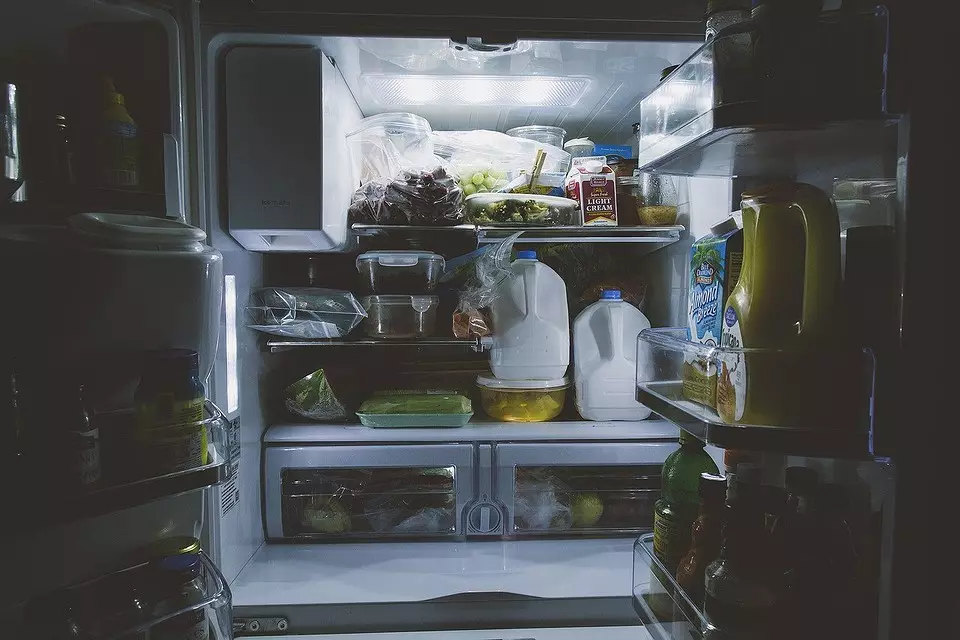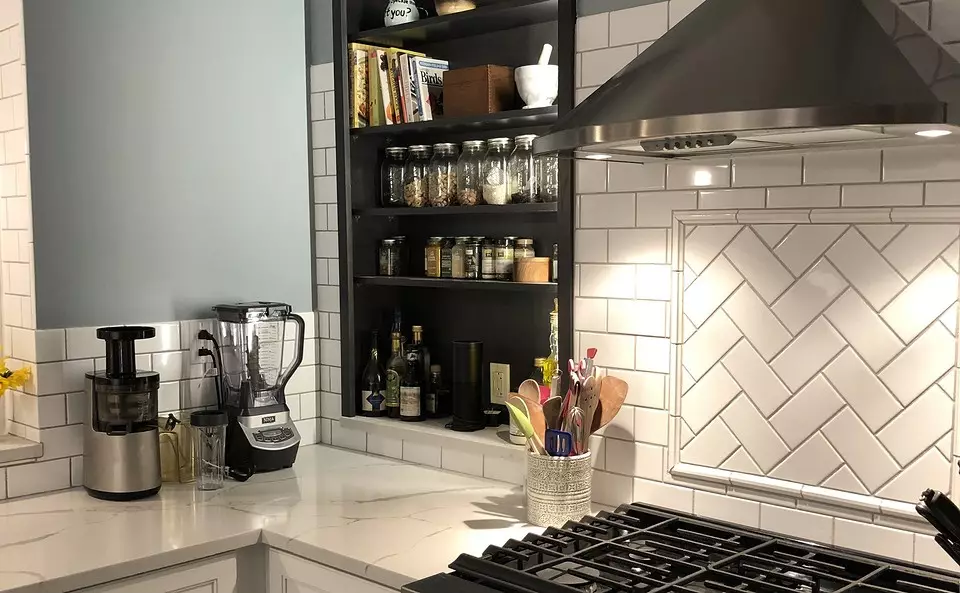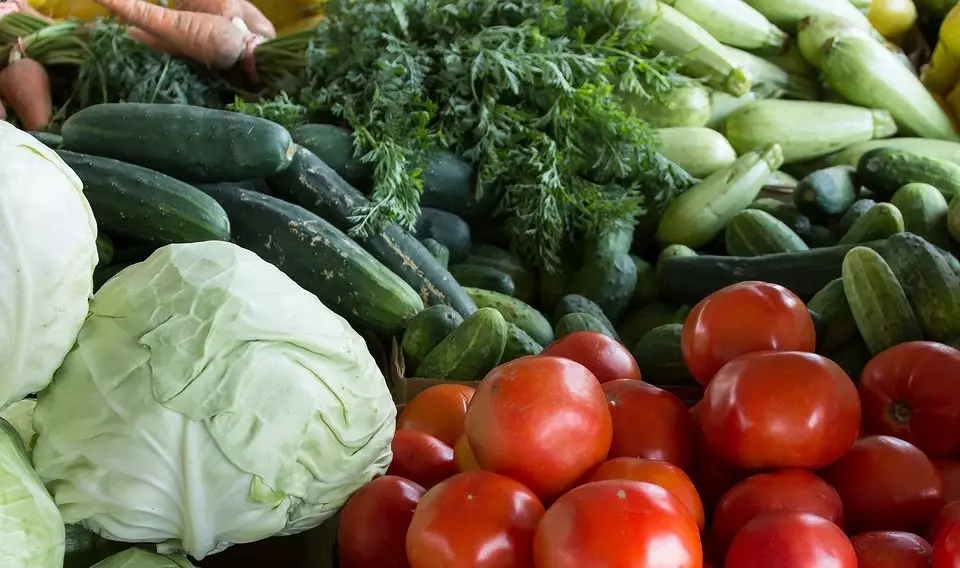Incomplete loading of the dishwasher, frequent opening of the refrigerator and household appliances connected to the network - we tell, from what habits in the kitchen should be discarded to pay for accounts less.


When we receive accounts for electricity and housing and communal services, sometimes we are wondering why such large amounts come out. Often they raid due to the smallest detail, which we do not follow: for example, we leave from the house and leave the air conditioner or lamps turned on. We tell what to pay attention to the kitchen to reduce costs.
1 Too many products in the refrigerator
In the instructions from the manufacturer, it is usually indicated that the excessive load of the refrigerator is harmful. It is not particularly worth overwhelming the space next to the ventilation holes and the compressor. If you break the circulation of air, the refrigerator will start working at the limit of its capabilities. To do this, he will have to spend much more energy. The worst thing is that such loads lead not only to increasing accounts, but also to breakage of technology. Therefore, try to fill out no more than 75% of refrigeration and freezer cameras.

2 Incorrectly configured mode in the refrigerator
Please note that the temperature mode inside the refrigerator can be adjusted. You should not put too low and too high values - otherwise you can spoil not only products, but also the device itself. The compressor will consume more energy. Optimal storage values: +3 to + 5 ° C. In the freezer should be the temperature of -18 ° C or below.
3 too frequent opening of the refrigerator
When you are looking for, what would have to have a snack, you often stand near the open refrigerator. This is not a good habit, since you launch a large amount of heat into it. It also harms the compressor: he will have to work hard and spend energy to restore the temperature regime. So try to invent in advance what you want to have a snack, or buy yourself a fridge with transparent doors - in this case, you can look at the food inside.

4 Use of disposable accessories
We agree, you can not always use reusable accessories. But you can try to reduce the consumption of expensive zip-packages, paper towels and other things. For example, instead of disposable napkins, wipe the table after eating with a cloth from the microfiber and not to use special packages for sandwiches, but to wrap them in baking paper, which is much cheaper.5 connected household appliances
Drain in the kitchen: How many instruments are connected to the network now? It can be a coffee machine, toaster, electric kettle and other devices. Obviously, some devices cannot be turned off, for example, a refrigerator. However, small household appliances are better disconnected from the outlet, especially those that are not used often, because even in non-working condition, they consume electricity.

6 incomplete download of dishwasher
You probably have heard that the drum washing machine should not be overloaded, and it is also no need to put a small amount of things into it. In the case of the dishwasher, the story is the same. If you put several cups and plates and launch the washing, then as a result of a small amount of items, you spend a lot of water and electricity. Such consumption of resources is non-deregional. In addition, the means for washing dishes are not suiced. Accordingly, the incomplete loading of the dishwasher will lead to a greater consumption of funds, which is not at all profitable.7 Wrong storage organization
Buying products for a week ahead, not everyone thinks that they need to be properly stored. If it is wrong to do, the reserves will not be larger and ruined for a long time. You will have to throw them out and regret spent money.
Therefore, it is worth understanding the food neighborhood, as well as to learn what vegetables and fruits are better stored in the refrigerator. For example, apples are better put in a cool place, since at room temperature they are faster. And the moisture is harmful to salad and cabbage, so it is better to store them in a paper wrapper in the refrigerator.

8 many open packs
Another unhealthy habit: open products with groceries and not seal them after. They can dance and become tasteless. Therefore, you will have to either be content with such, or throw out and again regret the spent money. Buy special clamps for packages or bring off the contents into containers so that it does not disappear.9 Storage of fast sprinkling products in the door of the refrigerator
Many stored eggs in a special compartment for them in the door, but it is not entirely true. Since we often open the refrigerator, the temperature regime in the door cells is constantly changing. Therefore, it is better not to store quickly spoiling products. Meat, milk, eggs, greens worth putting on the shelves of the main chamber - there they retain their freshness longer.

10 Faulty plumbing
Many superstitly believe that drowning water - to the loss of money. If we are talking about the constantly dripping in the kitchen, then this is true. The more water flows out, the more you pay for housing and communal services. It is worth forgetting the habit of not noticing a malfunction and fix the plumbing so that the numbers in the accounts are less.



